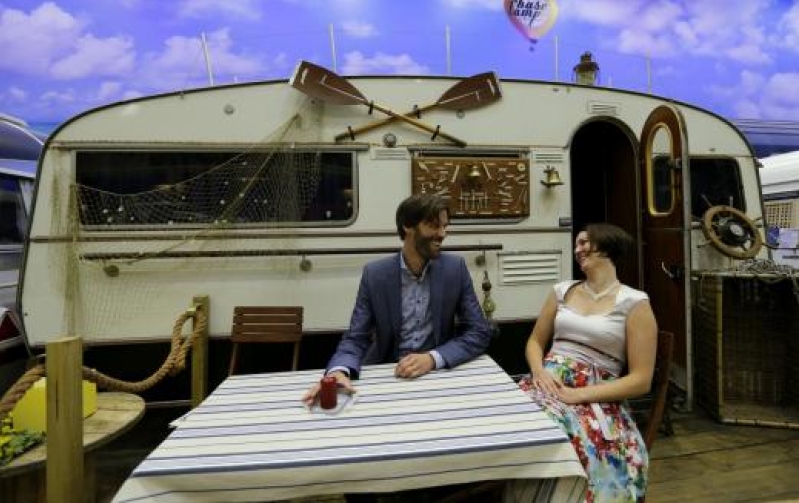
A nationwide survey by the world's largest relationship company of 5,500 adults regarding dating habits of America's single people indicate some interesting combinations. Survey organizers claim respondents represented various ages, ethnicities, incomes and walks of life.
For the past six years, Match.com has conducted its "Singles in America" survey, with questions ranging from sexual expectations (50 percent say a good first date ends in a kiss) to how long a person will wait after a first date before realizing they're not getting a second chance. It turns out within this survey that men wait more than 11 days before losing hope while women wait for just seven.
The survey was led by researchers at Indiana University working for Match. Questions also included some statistics based on location. For example, the average cost of a date in Austin, Texas, which is more than $81, is the highest in the nation. By contrast, the national average cost of a date was $49.60.
One of the survey questions asked about dinner preferences. In Utah, 40 percent of singles said they'd select sushi, compared to a national average of just 18 percent. Additionally, Utahans on a date talked about religion 48 percent of the time, while the national average is about a third, reports The Salt Lake Tribune.
Match managers state its sixth annual Singles in America study is the most comprehensive national study of American singles, based on the U.S. Census. This 2015 survey includes insight about how best to get to the second date; political views; sexual appetites; and definitions of an "ex."
"With this cogent 2015 survey of single Americans, we are uncovering more and more of the shrouded attitudes and behaviors of this massive population," said Dr. Helen Fisher, biological anthropologist and Chief Scientific Advisor to Match.
"Today's singles have vivid opinions about what they will not tolerate in a [political] leader. Moreover, this year we focused on the crucial 'second date,' a vital courtship step that has been seriously understudied until now. This meticulous annual scientific study continues to reveal the pulse of the single's psyche, and our basic human nature."
Singles make up more than one-third of the U.S. adult population. In this particular survey, 19 percent of singles identify as Republican, 40 percent as Democrat, 15 percent as Independent, 2 percent as Libertarians and 24 percent have no registered political affiliations. Less than 10 percent of singles have changed their party affiliation since 2012, and a partner had little influence on those who did change their affiliation.
A total of 59 percent of men and women do not expect to feel chemistry until the second date, according to the survey results, and more than a third of singles don't expect passion until the third date or later. However, 53 percent will go on a second date with someone for whom they do not yet feel any romantic chemistry, largely because 50 percent of singles believe that the person will "grow" on them.
Talking politics used to be a social faux pas, but no more. In fact, a good discussion on any political issue can boost chances of a second date by 91 percent. Twenty-five percent of singles say "not being registered to vote" is an instant deal-breaker, while 35 percent will not consider dating someone who "does not have an opinion on key political issues."
More than 50 percent of singles in the survey believe couples have to date more than three months to count someone as an ex, with 32 percent of women believing couples have to date someone for more than a year.
"For the sixth year in a row, Singles in America has redefined what we know about dating and relationships," said Mandy Ginsberg, CEO of Match Group North America. "Our most recent data shows that dating online increases your chances of going on a first and second date in 2016 by 150 percent. It's clear that we've reached a tipping point where online dating isn't just another way to meet people - it's the smartest way to meet people."







